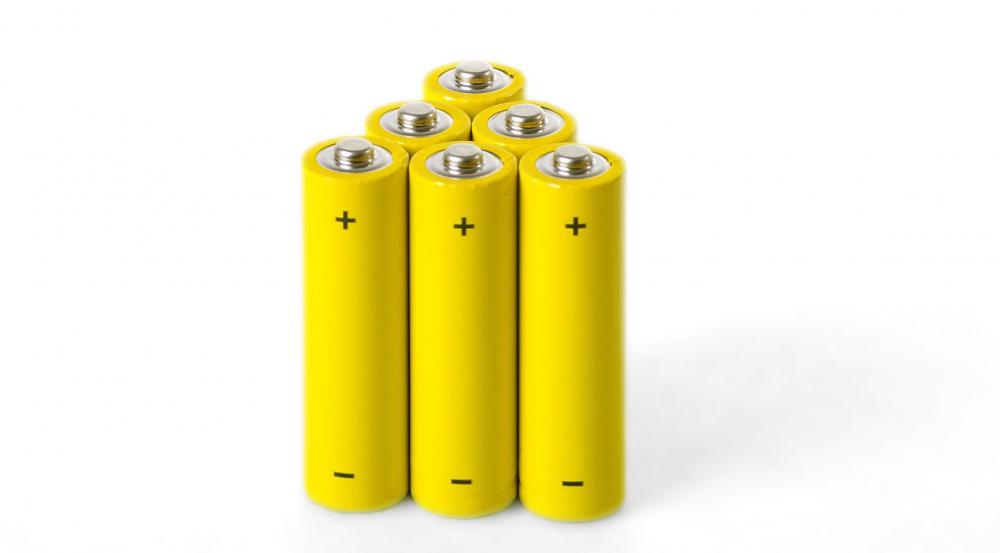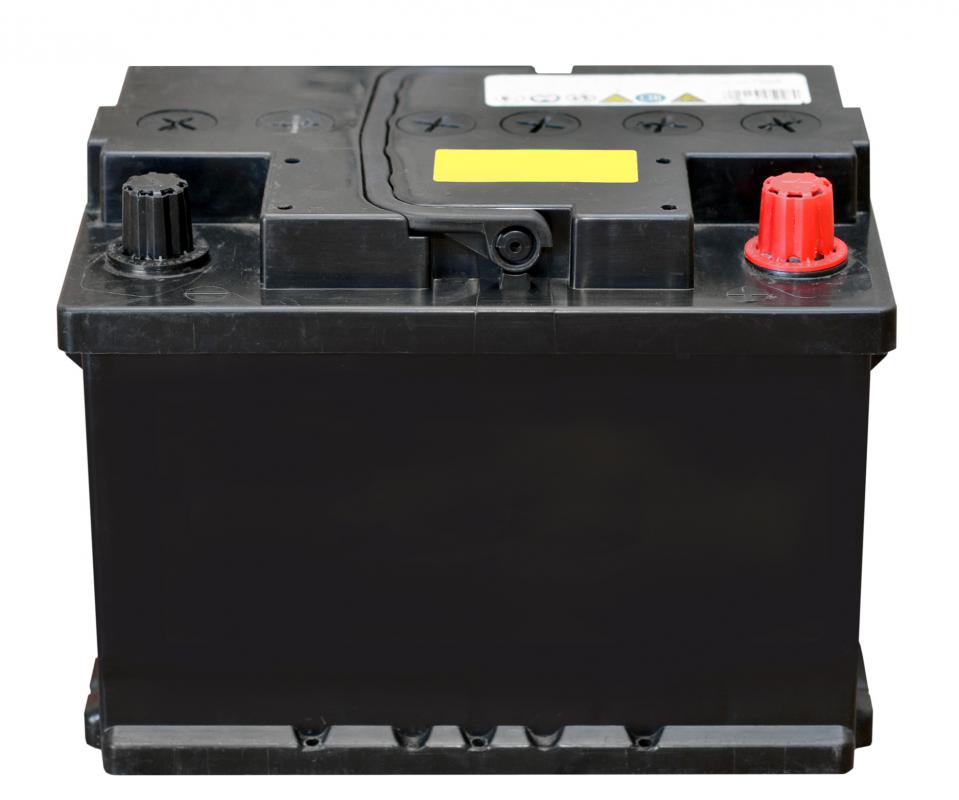At WiseGEEK, we're committed to delivering accurate, trustworthy information. Our expert-authored content is rigorously fact-checked and sourced from credible authorities. Discover how we uphold the highest standards in providing you with reliable knowledge.
How can I Recycle Batteries?
If you are interested in increasing your recycling efforts at home or work, you might want to recycle batteries. If improperly disposed of, batteries can do damage to water and land environments and add considerable pollution to the earth. While recycling of non-rechargeable household batteries is somewhat rare, you can cut down consumption of harmful batteries through preventative measures and the use of recyclable rechargeable batteries.
Batteries are incredibly useful, but they can also be a true hazard to the environment. Most contain heavy metals such as cadmium, nickel, lithium and zinc. While these are mostly harmless when held or used in appliances, they can become hazardous after disposal. As dead batteries sit in landfills, their chemicals can leech out and contaminate the water and land around them. The production of batteries is also environmentally harmful, as the industry of extracting the necessary metals carries high pollution levels.

Since 1996, most regular disposable batteries in the United States have been redesigned to make them safely disposable. By lowering the amount of harmful mercury, cadmium and other chemicals in the batteries, they are now safer to just throw out. Some states, such as California, do have facilities to recycle batteries, including the typical alkaline varieties used for household electrics like radios and cameras. Check with your local authorities to see if any recycling facility nearby will accept alkaline batteries. If they do not, consider lobbying for changes to allow this kind of recycling.

Rechargeable batteries, many of which are easily substituted for disposable ones, are often easier to recycle. Many large chain stores, such as Radio Shack and Home Depot, have stations where you can recycle batteries. Switching to rechargeable batteries whenever possible will also save you money and lower the amount of resources needed to produce an adequate supply of batteries. The less we have to manufacture, the fewer batteries will end up in landfills at all.

You can generally recycle batteries used to power rechargeable devices such as cell phones, laptops and personal digital assistants (PDA.) Check with authorities or at stores that sell batteries to see where you can find a recycling center that allows this type of recycling. Some country-wide programs allow you to ship dead rechargeable batteries to them, in order to ensure proper disposal.

In many countries it is now possible to recycle your car battery if it needs to be replaced. Lead acid batteries, used to power many cars and motorcycles, are extremely hazardous to the environment and must be properly disposed. Many auto supply stores that sell car batteries will accept them for recycling. Some recycling centers may even pay you for your trouble.

To cut down on battery consumption, encourage the use of recyclable rechargeable batteries in your workplace and home. If necessary, set up a drop box at your work to encourage co-workers to help you in your efforts at no inconvenience to themselves. Except for California, most places do not legally obligate people to recycle batteries, but you can make a big difference to the environment by doing so, wherever you live.
AS FEATURED ON:
AS FEATURED ON:















Discussion Comments
If you live in California, you can visit the state's Integrated Waste Management Board website for more information on how to legally dispose of batteries and other types of hazardous waste.
California's Universal Hazardous Waste Rule is the rule that makes it illegal to throw batteries away in the trash, effective February 8, 2006.
Post your comments